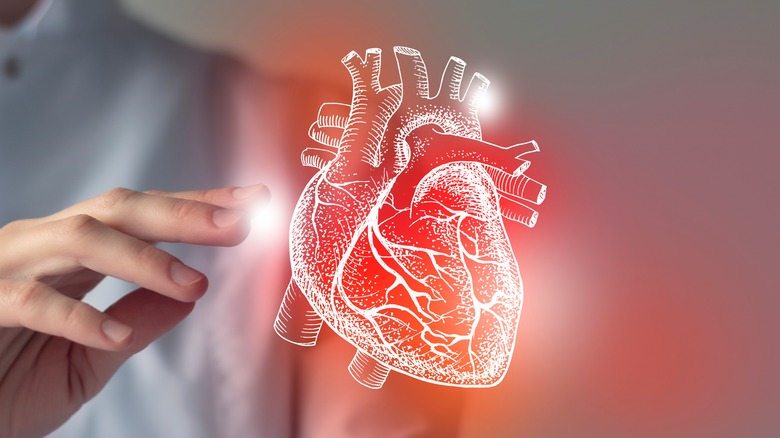How Organ Transplant Research Might Have You Reading Frankenstein In A New Light
The idea of raising someone or something from the dead is not a new concept. Scientists have been trying since the beginning of time to revive the deceased through a variety of means. It turns out scientists may have just found the answer. According to NBC News, researchers at Yale University have just used new technology to try to bring cells in the organs of recently deceased pigs back to life, and it worked.
The research, published in Nature, may prove to be a vital part of organ transplants in the future. But some scientists are concerned about the ethical implications this could have around what it means for something to be dead. According to Nita Farahany, a Duke law professor who studies ethical, legal and social implications of emerging technologies, "We presume death is a thing, it is a state of being. Are there forms of death that are reversible? Or not?" (via The New York Times).
Researchers found that organs could be revived even hours after death
According to the report published in Nature, the researchers behind the project were able to restore cellular function to multiple organs in the pig bodies, including the heart and brain. What was even more impressive, the pigs had been dead for an hour before cellular function was restored (via The New York Times). All brain activity had ceased and blood had stopped pumping for long enough that they should have been past the point of return.
According to NBC News, the research team was able to revive cells using pumps and tubing connected to the arteries of the pigs to restart circulation. They also pumped a special combination of drugs into the bloodstream. This solution, known as OrganEx, didn't bring the pigs back to life — brain function was not restored — but it was able to keep certain cellular functions going in certain organs (via Live Science). The research team hopes that this could help preserve organs in the future for organ transplants in humans.
This research could help more people receive much-needed organ donations
While the ethical implications of this new research still need to be ironed out, this study could be the beginning of improved methods for organ transplants. According to Donor Alliance, vital organs like the lungs and heart are only viable outside the body for four to six hours. This gives doctors a limited amount of time to get these essential organs to patients who desperately need them. With over 100,000 people on the waiting list for an organ transplant, being able to keep these organs intact for longer could be life-saving (via Mayo Clinic).
If the findings of this study could be applied to human organs, it could prolong the amount of time an organ is viable for, allowing more people to receive life-saving organ donations. While researchers who worked on the project say that this technology is very far from being ready for human use, this study could be the first steps toward improved organ transplants in the future (via The New York Times).


